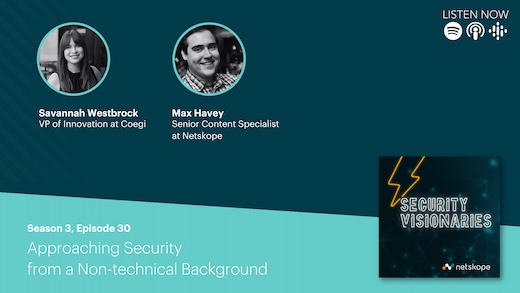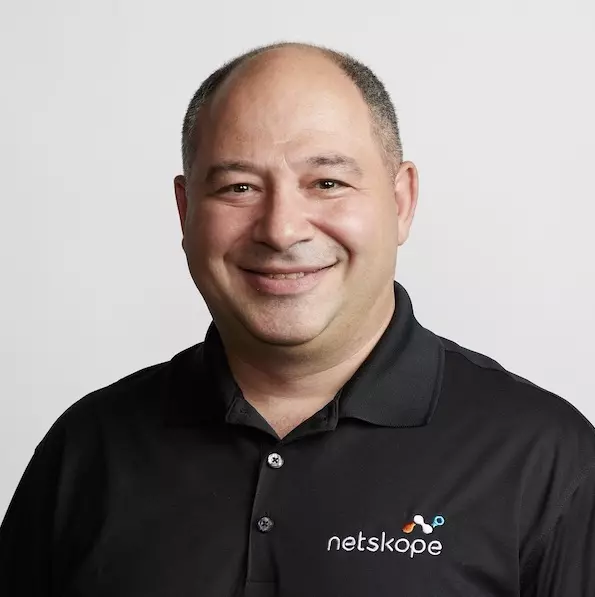Legacy VPNs have become a significant security liability for businesses and governments. VPNs require inbound access to corporate networks, significantly broadening the attack surface for malware. This makes them prime targets for threat actors, increasing the risk of disruption to your business. VPNs are built on a foundation of excessive implicit trust, which can inadvertently allow attackers to move laterally within a network and escalate privileges without detection, gaining access to high-value systems far beyond their initial point of entry. Perhaps most alarmingly, VPNs are plagued by a long history of software vulnerabilities that have been persistently exploited by both individual hackers and nation-state actors.
CISA’s stark warning: “Just Disconnect” Ivanti Connect Secure VPN appliances
The widely used VPN Ivanti Connect Secure, previously known as Pulse Secure, starkly highlights these security risks. In recent years, Ivanti Secure Connect has been the breeding ground for several zero-day vulnerabilities, which have been widely exploited, sometimes leading to devastating consequences. Now, Ivanti finds itself in the crosshairs once again, with attackers actively exploiting new zero-day vulnerabilities in its software.
So, the pressing question arises: why is this happening now, and why do we believe VPNs are a clear and present danger? The root of the problem can be traced back to the age and evolution of VPN technology. Most legacy VPNs have been in use for decades and are burdened by mounting technical debt. Over time, their code bases have become a patchwork of outdated functions and piecemeal updates. We believe that this amalgamation of old and new code creates a snowball effect, leading to critical software vulnerabilities, such as the ones currently impacting Ivanti.
Even though Ivanti has rolled out its first round of patches for two known vulnerabilities (collectively nicknamed “ConnectAround”), it discovered two new critical vulnerabilities in the process and left many of its code versions unpatched. The situation reached a critical juncture last week, prompting the US Cybersecurity and Infrastructure Security Agency (CISA) to take an extraordinary step and issue an emergency directive to all federal agencies to disconnect all instances of at-risk Ivanti Connect Secure and Ivanti Policy Secure products from their networks as soon as possible (and no later than February 2, 2024). This move, while specifically directed at federal agencies, signals a broader message: the threats posed by these vulnerabilities loom large over all enterprises.
Addressing the current crisis requires our immediate action (and at the end of this post we outline what we can do to help), but it’s equally critical to prevent future VPN-related crises. If history is a guide, zero-day vulnerabilities are not mere probabilities, they are inevitabilities. This harsh truth demands that we fundamentally change our approach to network security. It’s not enough to just patch up vulnerabilities as they emerge; we need to overhaul our security architecture to remove these risks entirely. Let’s break the cycle of endless vulnerability patching, and instead build a stronger, more resilient framework – now.
A clarion call to move beyond legacy VPNs
Zero trust network access, or ZTNA, circumvents the challenges inherent to VPNs with a fundamentally different paradigm for delivering remote access. Instead of the traditional approach of connecting devices directly to the network, ZTNA offers a more secure approach of connecting users to applications through a trust broker. In doing so, it is able to offer these significant advantages:
- It significantly shrinks the attack surface by removing wide-open VPN tunnels that force you to open inbound listeners which can be exploited by attackers.
- It constrains unauthorized lateral movement by taking users off the network and replacing IP-based access with logical, per-session based access that enforces least privilege on your enterprise resources.
Netskope ZTNA Next: No apps left behind
Netskope ZTNA Next was built from the ground up and offers a clear path to replace remote access VPNs for all application access use cases by delivering secure, bi-directional connectivity and bringing with it a host of benefits:
- Modernizes remote connectivity. ZTNA Next provides secure remote access to all types of private applications, including ones that require server-to-client or bi-directional connectivity–a gap for other ZTNA solutions–thereby accelerating adoption of a zero trust architecture.
- Improves overall security posture. ZTNA Next is inherently more secure than VPNs because it provides application access rather than network access. It strictly enforces least-privilege access and adaptively grants the right amount of trust at the right time with the Netskope Zero Trust Engine. The result significantly narrows your attack surface and minimizes the risk of lateral movement within your network.
- Delivers a great experience for end-users. Ensure reliable and optimized access to critical applications, including time-sensitive voice and video communications used by call centers and help desks, with our innovative endpoint-based software-defined WAN technology built into the Netskope Client. This technology provides Quality of Experience which uses traffic management capabilities and techniques such as forward error correction to mitigate suboptimal network conditions such as packet loss.
- Reduces complexity and inefficiency. Ensure that remote workforces of any size can securely and swiftly connect to enterprise resources without taxing your network or security teams with the operational overhead of installing network appliances or constantly applying patches. Netskope ZTNA Next is cloud-based and software-defined, meaning scaling is easy and patching is automatic.
Not all ZTNAs deliver on true VPN replacement
Despite other ZTNA vendors’ promises of a seamless transition away from VPNs, the reality has proven to be more challenging due to a technical limitation; most ZTNA solutions only support endpoint-initiated traffic flows. For this reason, many organizations are still tethered to their VPNs for critical legacy applications such as remote assistance and VoIP. This creates more than just an operational burden on administrators (managing VPN alongside ZTNA); it also increases costs and complexity while leaving organizations exposed to the security vulnerabilities inherent in their residual VPN appliances.
Choose a ZTNA solution that does more than just promise; choose one that delivers a future-proof architecture. It should comprehensively address every application you will uncover during your implementation, overcoming the challenges of classic ZTNA architectures that rely solely on an inside-out connectivity model.
Netskope is here to help
Recognizing the urgency of this situation, Netksope is ready to assist customers in transitioning from Ivanti Connect Secure VPN. We are providing the following bundle:
- 90 day license: Get started quickly with your VPN replacement with Netskope ZTNA Next for 90 days emergency use at no cost and no obligation.
- Free architecture assessment: Architecture and configuration assessment and consultation services.
- Free migration assistance: Access 30 days of free professional services assistance for deployment.




 Back
Back 






















 ブログを読む
ブログを読む